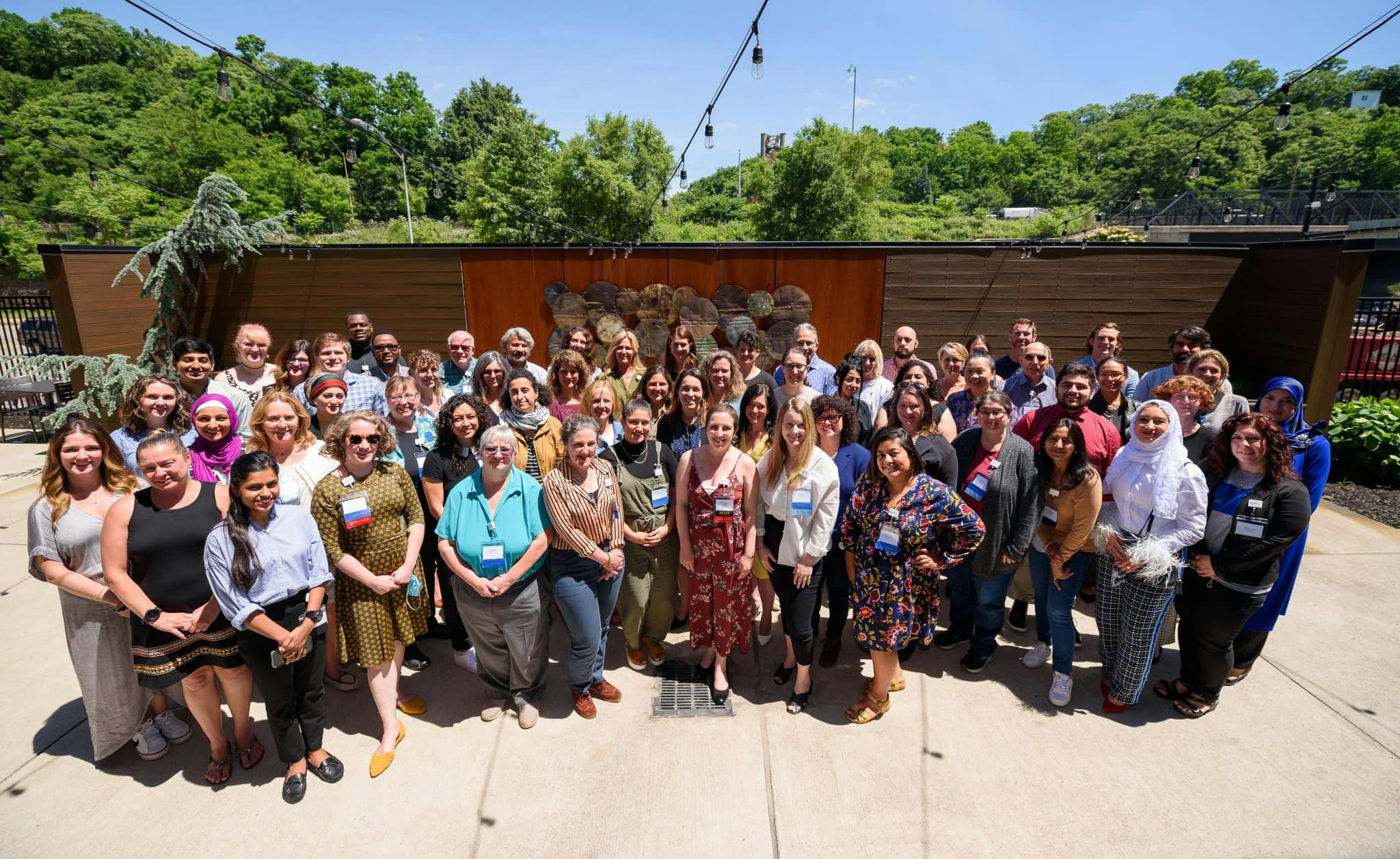Questions and Answers about the BSA and Why It MattersThe rollercoaster negotiations of the Bilateral Security Agreement (BSA) dominating...
Questions and Answers about the BSA and Why It Matters
The rollercoaster negotiations of the Bilateral Security Agreement (BSA) dominating U.S.-Afghan relations in 2013 became increasingly acrimonious last week. Afghanistan’s President Hamid Karzai summoned a special Loya Jirga (grand council) in Kabul to review the details of the BSA and to put forth recommendations. After four days of deliberations, the 50 committees of the jirga voiced unanimous support of the agreement and requested that President Karzai promptly sign it without delay. Karzai, present at the conclusion of the meetings, publically refused to sign it, exacerbating both domestic and international tensions.
What is the BSA?
The Bilateral Security Agreement creates a legal framework for U.S. military operations in Afghanistan after 2014. U.S. Secretary of State John Kerry and President Karzai announced that they had reached agreement on the core elements of the BSA on October 12. The “sticking points” that required continued negotiation were immunity for American troops who remain in Afghanistan after 2014 and the ability for non-Afghan forces to enter and search Afghan homes.
The text approved by Loya Jirga delegates on November 24, 2013 allowed the U.S. to deploy military advisers to train Afghan security forces and special-operations troops for anti-terrorism missions against Al Qaeda and other terrorist groups. It voted to attach a letter from President Obama stating that U.S. troops would enter Afghan homes only in “extraordinary” situations that directly threatened American lives.
The BSA is part of a larger Strategic Partnership Agreement (SPA) – a legally binding agreement signed by both President Obama and President Karzai on May 1, 2012 to define the future partnership between the two countries. It includes long-term commitments from the United States in the areas of security, social and economic development and democratic governance. U.S. commitments outlined in the SPA were matched by Afghan declarations to strengthen accountability, transparency, and to protect the human rights of all Afghans – both men and women. The SPA initiated the negotiations of the BSA between the two countries.
Why does the BSA matter?
Without a signed BSA, President Obama has promised a complete withdrawal of U.S. forces from Afghanistan by the end of 2014. Presently, more than 50,000 U.S. troops and 5,000 NATO troops remain in Afghanistan in support of the Afghan National Security Forces (ANSF). The ANSF has taken the lead in security operations, but faces high attrition rates and depends heavily on international support for basic supplies including fuel and ammunition.
Most Afghans agree that security has deteriorated in recent months and fear the 2014 withdrawal of international combat operations. In the first six months of 2013, civilian deaths rose by 23 percent over the same period last year, and the deaths of women and children increased by 38 percent. A “zero option” would be disastrous for the security for Afghan citizens, both men and women.
Furthermore, without a signed BSA between the U.S. and Afghanistan, the withdrawal of troops will likely be accompanied by a dramatic decrease international funding crucial to social and economic development programs in Afghanistan.
Do Afghans Support the BSA?
Security impacts every aspect of life in Afghanistan – education, health care, economic opportunity, and good governance. Security is a foundational requirement for peaceful, prosperous societies, and remains a primary concern for Afghan citizens.
According to a 2013 survey conducted by the United States Institute of Peace, Afghan leaders favor a bilateral security agreement, and consider it a “guarantor of enhanced stability and long term growth." The recent Loya Jirga showed overwhelming domestic support for continued international military support in Afghanistan. Secretary of State John Kerry called the jirga’s results a “compelling affirmation from the Afghan people of their commitment to a long-term partnership with the United States and our international partners."
No matter the outcome of the BSA negotiations between the U.S. and Afghanistan, the Bush Institute remains committed to the women of Afghanistan. On November 15th, at Georgetown University, Mrs. Laura Bush restated her intent to continue working with and on behalf of Afghan women. “I want the people of Afghanistan to know that the people of the United States do support them and are with them,” she said. “Once our troops leave, the eyes of the United States will move away. We can’t let that happen.” The Bush Institute spotlights the challenges and victories of Afghan women through our “Leading Change” blog series and in partnership with the U.S.-Afghan Women’s Council Initiatives.



























